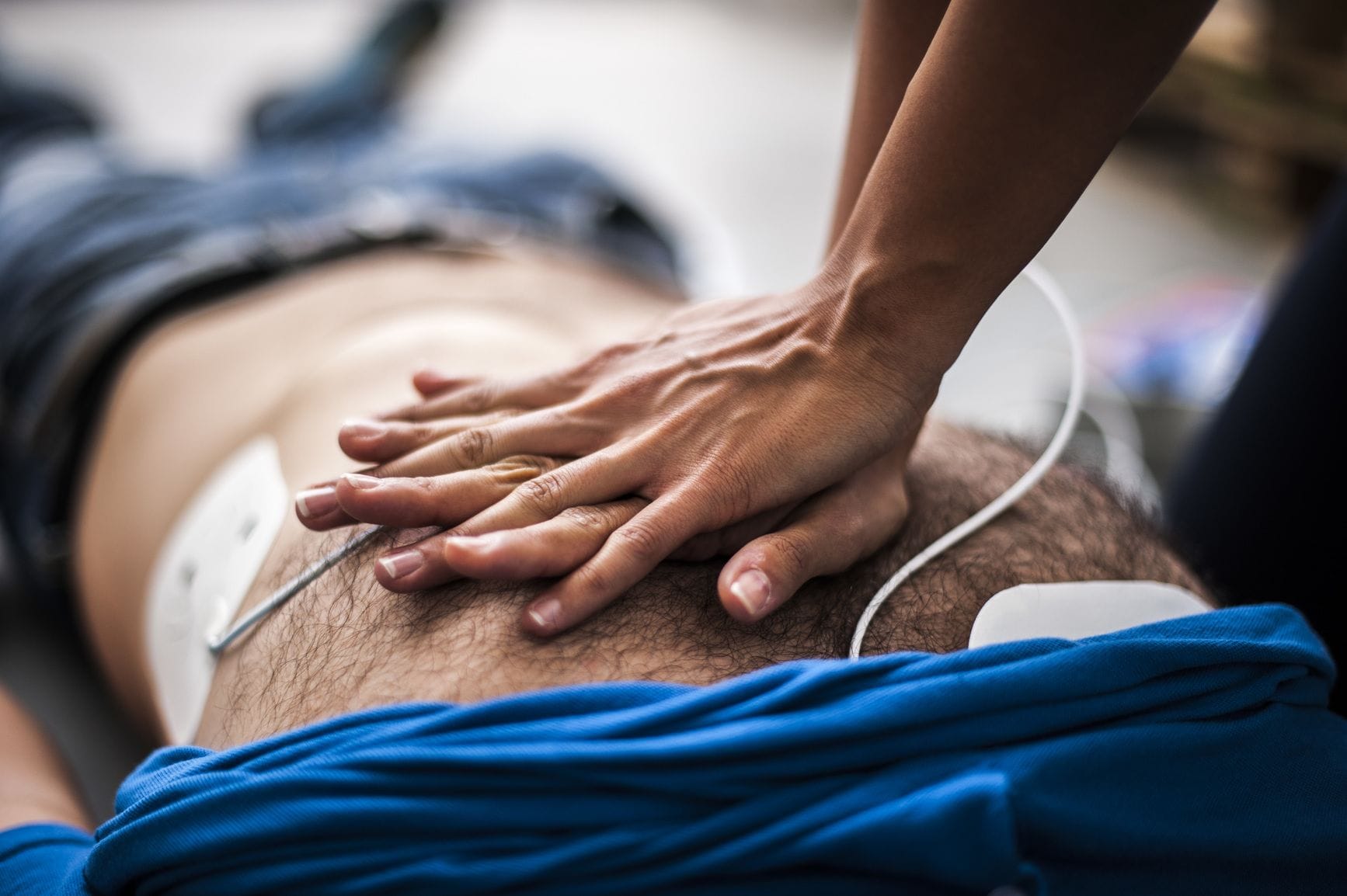What is BLS Certification for Healthcare Providers?

Most healthcare providers in just about every capacity are required to obtain a BLS – or Basic Life Support – certification. As its name indicates, a BLS certification ensures that the individual completing the coursework and passing the exam receives a solid foundation of the knowledge and skills necessary to revive, resuscitate and/or sustain someone who is experiencing a cardiac emergency. BLS is similar to CPR; however it involves more advanced training and is specifically intended for medical professionals. Those who work with young children or the elderly may also find a BLS course to be beneficial.
The care given to an ill or injured individual via basic life support is designed to assist the patient until full medical treatment can be administered at a hospital or other healthcare facility. Without the presence of BLS protocol, the patient could suffer irreparable brain damage and possibly lose his or her life. BLS is most frequently applied to a person who is experiencing sudden cardiac arrest (SCA), however, there are a number of other scenarios in which it can be used.
For instance, BLS can be invaluable in the following life-threatening situations:
- Cardiac Arrest/Heart Attack
- Stroke
- Choking
- Drowning
Simply put, BLS can be applied in any situation in which breathing or a regular heartbeat has become compromised.
Unlike Advanced Cardiac Life Support (ACLS), delivering BLS does not require the use of medical equipment. BLS also differs from ACLS in that it does not require skills in invasive protocols, such as the ability to establish intravenous routes.
BLS courses may vary to some degree, but they all typically have the following foundational elements within their material:
- American Heart Association (AHA) BLS Chain of Survival
- Use of automated external defibrillator (AED)
- Choking response
- Airway management
- CPR for infants, children and adults (one-rescuer and two-rescuer)
Additionally, in order for a BLS certification to be valid in a majority of Healthcare facilities in the United States, the coursework and study materials must adhere to the most recent AHA guidelines and standards with regards to basic life support administration. A course that contains all of the above and meets the industry standards should ensure that the healthcare provider earning his or her certification is adequately prepared to act in case of an emergency.
Obtaining a BLS certification does require successful exam completion, but the method used to achieve this goal may involve a variety of different options. For instance, those seeking certification or recertification may choose to attend a course in a traditional classroom setting. These in-person classes are usually taught over the course of one weekend. Another option is obtaining a BLS certification online. This option is becoming more and more favorable amongst busy healthcare professionals because it is convenient, flexible and more cost-effective.
With an online BLS course, students have the ability to study and test when it suits their schedule and wherever they choose to do so, whether it’s from the comfort of their living room couch or at the local coffee shop – basically anywhere they can access the internet via a laptop, tablet or smartphone.
If you are in need of a new or renewed BLS certificate and are interested in the option of obtaining these credentials online, click here to learn more or to get started today.
